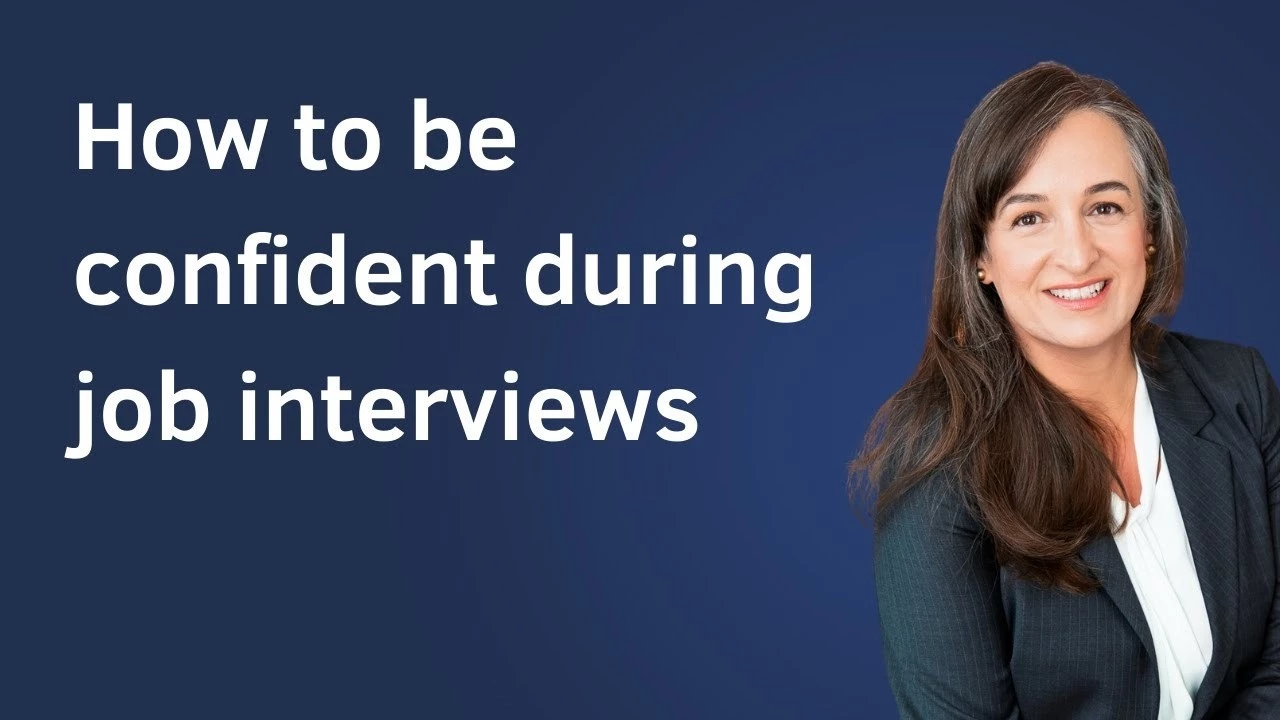Episode 1 - Three Strategies That Will Give You an Unfair Advantage for Your Job Interviews
The Job Hunting Podcast episode number 1 is out of the bag! In this episode, my goal was to make you re-think your stress and use it to your advantage.

I focus on three key themes during this chat:
Focus less on your fear:
everyone is as nervous and jittery as you are, the other candidates as well as the people interviewing you. The candidates, including you, all want the job. And the selection panel has the pressure of getting it right. There is a lot on the line, all around. Once you come to terms with this (that is, stress is the baseline for you and your competition), you can focus on other things.
Focus on your strengths:
Which is what got you through the door in the first place. And it may be what the panel needs to know about you. Indeed, it could be what they need in their team.
Use your stress to sharpen your focus:
relax into the situation, be yourself, read the room, use the pressure to your advantage.
All while you learn about how I shrunk my skirt and other bits of information you may or may not find helpful!
Resources Mentioned in this Episode
Download my “10 Tips” guide for job hunters
Transcript of this episode
About the Host
Hello, I’m Renata Bernarde, the Host of The Job Hunting Podcast. I’m also an executive coach, job hunting expert, and career strategist. I teach professionals (corporate, non-profit, and public) the steps and frameworks to help them find great jobs, change, and advance their careers with confidence and less stress.
If you are an ambitious professional who is keen to develop a robust career plan, if you are looking to find your next job or promotion, or if you want to keep a finger on the pulse of the job market so that when you are ready, and an opportunity arises, you can hit the ground running, then this podcast is for you.
In addition to The Job Hunting Podcast, , on my website, I have developed a range of courses and services for professionals in career or job transition. And, of course, I also coach private clients.
Contact Renata Bernarde
I’m determined to help you! I want you to feel empowered, nail your next job, and have the career you want.
My free resources for job hunters: The Optimized Job Search: Weekly Schedule & Masterclass.
Learn more about my services, courses, and group coaching: RenataBernarde.com
